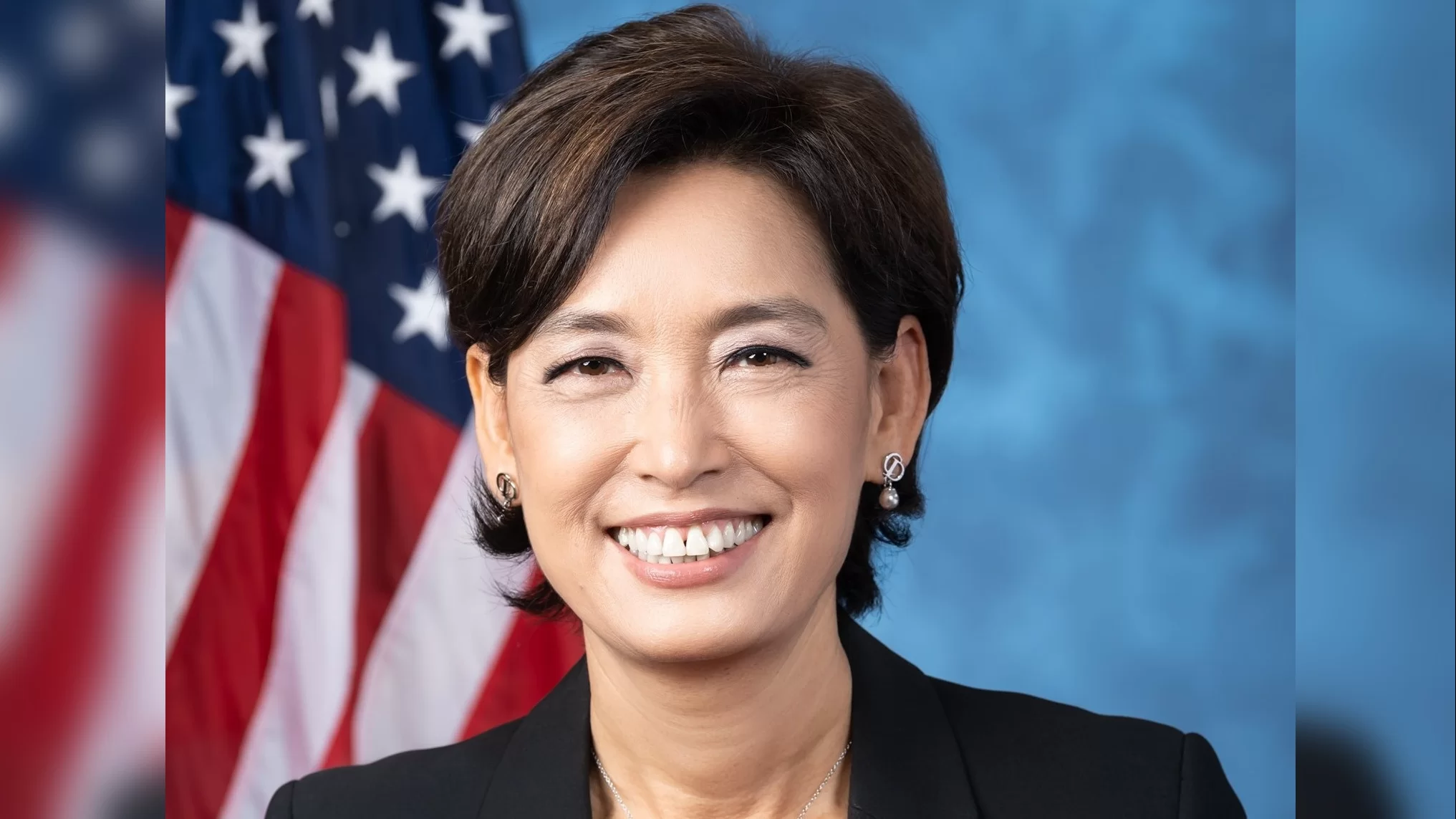U.S. Representative Young Kim, District 40 | Official U.S. House headshot
U.S. Representative Young Kim, District 40 | Official U.S. House headshot
Washington, DC – U.S. Representative Young Kim (CA-40), chairwoman of the House Foreign Affairs Subcommittee on the Indo-Pacific, emphasized the critical nature of upholding commitments to Taiwan amidst escalating tensions with China. Speaking at a subcommittee hearing, Rep. Kim highlighted the significance of the Taiwan Relations Act (TRA) on U.S.-Taiwan relations.
Rep. Kim acknowledged the TRA's role in guiding bilateral relations with Taiwan for 45 years, describing it as a unique legislation that positions the U.S. as a leader. She underscored Taiwan's contributions to global peace and prosperity, from technological advancements to democratic values.
Addressing the current geopolitical landscape, Rep. Kim expressed concern over China's aggressive stance towards Taiwan. She referenced intelligence suggesting China's readiness to use force to reunify Taiwan, emphasizing the need for the U.S. to be prepared across diplomatic, economic, and military fronts.
Reflecting on historical decisions regarding Taiwan, Rep. Kim highlighted the bipartisan support behind the Taiwan Relations Act in 1979. She outlined key provisions of the TRA aimed at ensuring Taiwan's security and peaceful resolution of cross-strait issues.
Expressing alarm over recent developments, including Admiral John Aquilino's warning of heightened danger in the region, Rep. Kim stressed the urgency of assessing the executive branch's implementation of the TRA. She raised concerns about delays in fulfilling weapons sales to Taiwan and slow progress in promoting Taiwan's international participation, cautioning that such delays could send the wrong signal to China.
In conclusion, Rep. Kim called attention to the pivotal role of the U.S. in maintaining peace in the Pacific and urged swift action to fulfill commitments to Taiwan. She emphasized the gravity of the situation, stating, "Delays on our commitments to Taiwan send the wrong signal to the CCP at the worst possible time."

 Alerts Sign-up
Alerts Sign-up